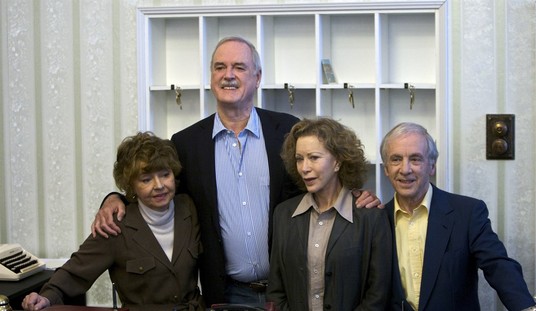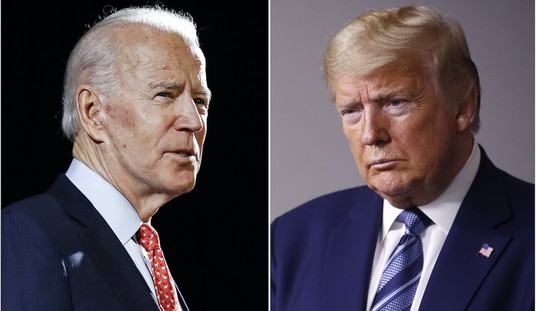I’m not surprised by this, but I am a little surprised that the Washington Post noticed it. Despite media claims that the Tea Party has gone dormant and that Sarah Palin’s influence has waned, the candidates she backs for office have an uncanny knack for winning their elections — even when they start far off the pace:
Former Alaska governor Sarah Palin — though derided on the left and recently dismissed by former vice president Dick Cheney as a poor pick in 2008 — is nevertheless proving her enduring power within the Republican Party in the most concrete of ways: She keeps picking winners.
Each of five candidates she has endorsed this year who have faced primaries or other campaigns have won, including former Texas solicitor general Ted Cruz, who Tuesday beatthe state’s well-connected lieutenant governor for the Republican nomination for the U.S. Senate. …
She has endorsed just nine Republicans this year — five of them women, according to the Web site of SarahPAC, her political committee. In an interview on Fox News on Wednesday, Palin said that she is making down-ticket races, not the presidential campaign, a focus of her efforts this year. She called Senate and House races “so instrumental in reforming government, shrinking it, allowing the private sector to grow and thrive.”
This might be easy to dismiss if Palin made a habit of endorsing front-runners, but that’s not been the case. Ted Cruz started off at a large disadvantage to Lt. Governor David Dewhurst in practically every metric imaginable. Dewhurst had Rick Perry’s endorsement, a high profile office, tons of his own money to use in the primary fight, and at one time a huge lead in the polls. In the first round of the primary in May, Cruz only narrowly forced a runoff, at 30% and Dewhurst just a shade under 48%. The Tea Party engagement that Palin helped facilitate took Cruz from 18 points down in May to a 13-point victory this week — a remarkable 31-point turnaround in just two months.
Similarly, Palin backed Tea Party upstart Richard Mourdock against longtime incumbent Dick Lugar in Indiana’s GOP primary. Palin endorsed Mourdock late in the cycle, just a couple of weeks before the primary. Lugar had been up as much as 25 points in the polls in early 2012, but two weeks prior to her endorsement, Mourdock’s internal poll had him even with Lugar. One week after Palin endorsed Mourdock, he was 10 points up on Lugar in what the local newspaper called “a dramatic slide” for the incumbent. By the time the election rolled around one week later, Mourdock ended up with a 22-point victory over the entrenched incumbent.
There are very few figures in national politics who could have contributed to those results in a significant fashion. Barack Obama won’t have any kind of coattails this year, just to choose one example, and Democrats in down-ticket races may have to distance themselves from the party leader this year to remain competitive. I doubt that any Democratic candidate for Congress is pining for the Joe Biden endorsement, either. Of the four principals in the 2008 election, Palin is the only one whose clout has increased, and probably is the only one whose clout hasn’t decreased significantly. That’s why the Palin-Cheney kerfuffle last week really missed the point. Regardless of whether one thinks Palin was a good pick for the 2008 ticket, she has transformed into a highly influential activist with the grassroots. Attempting to minimize that or marginalize Palin as a powerhouse in the GOP will likely leave Palin with the last laugh.








Join the conversation as a VIP Member